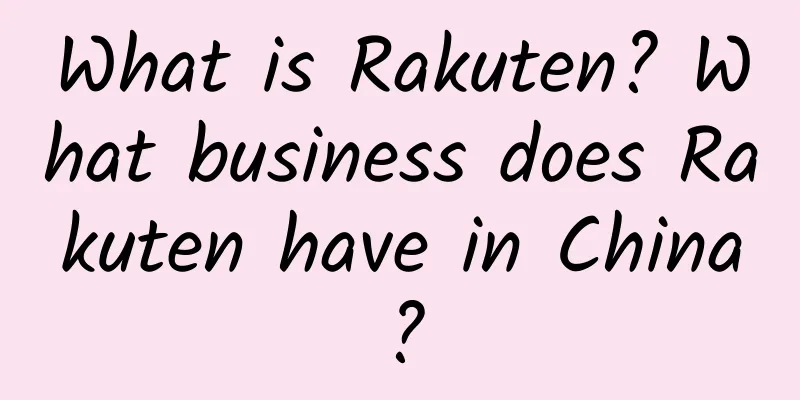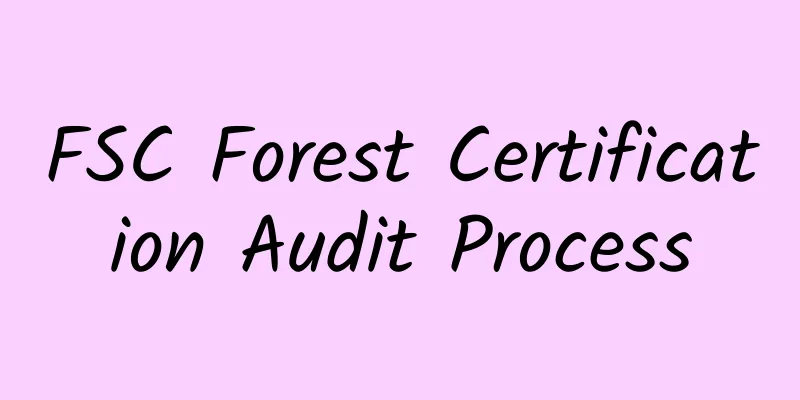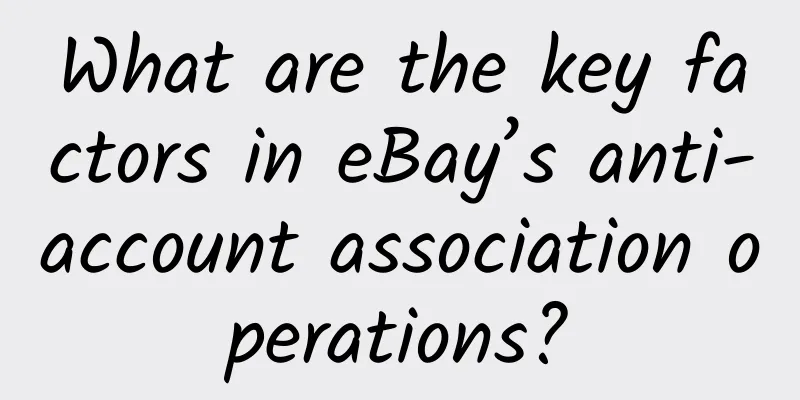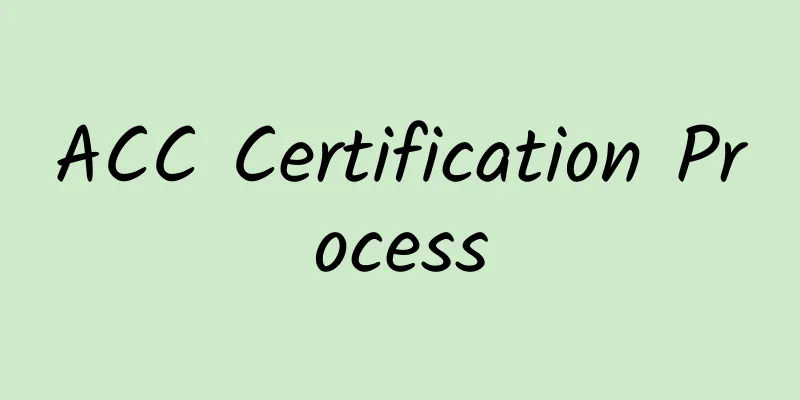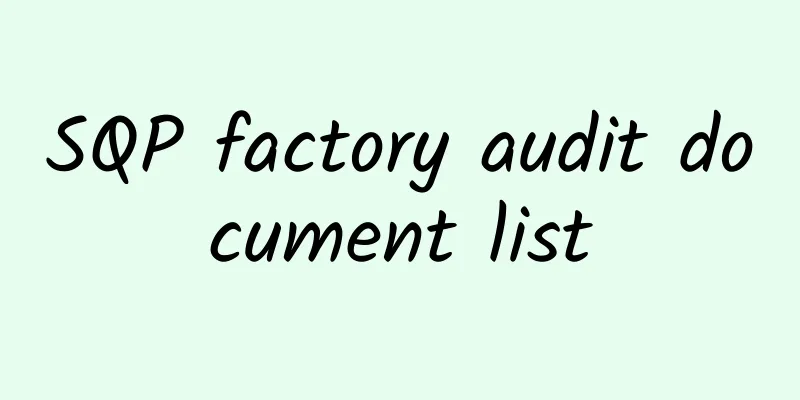ACC Certification Introduction
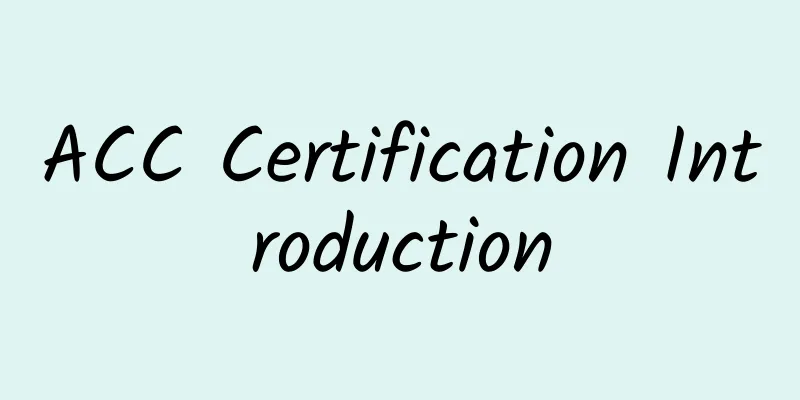
|
The Aquaculture Certification Council (ACC) is an international non-governmental organization established in Seattle, USA in 2002. Its purpose is to inspect aquaculture companies around the world with social, environmental protection and instrument safety standards to achieve responsible fishery production operations and promote sustainable development of fisheries. ACC has a close relationship with the Global Aquaculture Alliance (GAA). In fact, ACC was established to implement and promote GAA's responsible fisheries program. The basis for ACC's certification is the "Best Aquaculture Standards" formulated by GAA, referred to as BAP. ACC focuses on letting fishery producers understand and use more advanced technologies and better management practices. Aquatic products participating in the above responsible fishery program can comply with relevant operating standards and meet the food safety, environmental friendliness and responsible social attitudes required by the current consumer market, which is conducive to the sales of products. ACC mainly provides certification for the production process of aquatic products, rather than the products themselves. Secondly, its service objects are not consumers of aquatic products, but large purchasers, building a bridge between producers and large purchasers. At present, ACC certification has developed to shrimp, tilapia and channel catfish nursery, farms, processing plants and feed mills. Aquatic enterprises must first meet various standards for social, environmental protection and food safety to obtain certification. The BAP certification of the US ACC is now developing rapidly. It has recently been selected by the US Food and Drug Administration (FDA) as a third-party partner for aquatic product certification. Products of BAP-certified factories will be approved by the FDA and directly enter the US market. MCS and BAP certification are similar to the forest management system certification that will be carried out in China. They are management system requirements to prevent excessive demands on nature. |
>>: Requirements that ACC processing plants must meet
Recommend
DrumUp — Manage your social media accounts for free
If you're looking for more help with content ...
Letstango--UAE online shopping platform
According to statistics, Letstango has 38.5K visi...
How is Qingsong Overseas Warehouse? What services does Qingsong Overseas Warehouse provide?
How about Easy Overseas Warehouse? Qingsong Overs...
Background of ISO14000 series standards
Background of ISO14000 series standards : With the...
Six tips for managing your eBay inventory
Inventory management is one of the biggest challe...
Shopify experience is here, Shopify newbies click here!
How to open a Shopify store? What experiences can...
What is the 360chain overseas warehousing system? What are the characteristics of the 360chain overseas warehousing system?
What is 360chain overseas warehousing system? 360...
Sedex membership price increase, effective March 1, 2018
Buyer Membership; Buyer/Supplier Membership Price...
Fordeal Growth Law
What is Fordeal? Why can Fordeal continue to deve...
Six serious non-compliance issues in Walmart's social responsibility audit
Six serious non-compliance issues in Walmart'...
TS16949 certified product manufacturing process control procedures
TS16949 certified product manufacturing process c...
Mattel Factory Inspection/Inspection Consultation Dormitory and Canteen Safety
Mattel Factory Inspection/Inspection Consultation...
ALDI factory inspection requirements——BSCI
As a member of BSCI, all European sales offices o...
BSC factory inspection regulations on working hours
The BSC factory inspection regulations on working ...
The General Administration issued the "Management Specifications for Labor Protection Products of Employers"
Notice of the General Office of the State Adminis...
